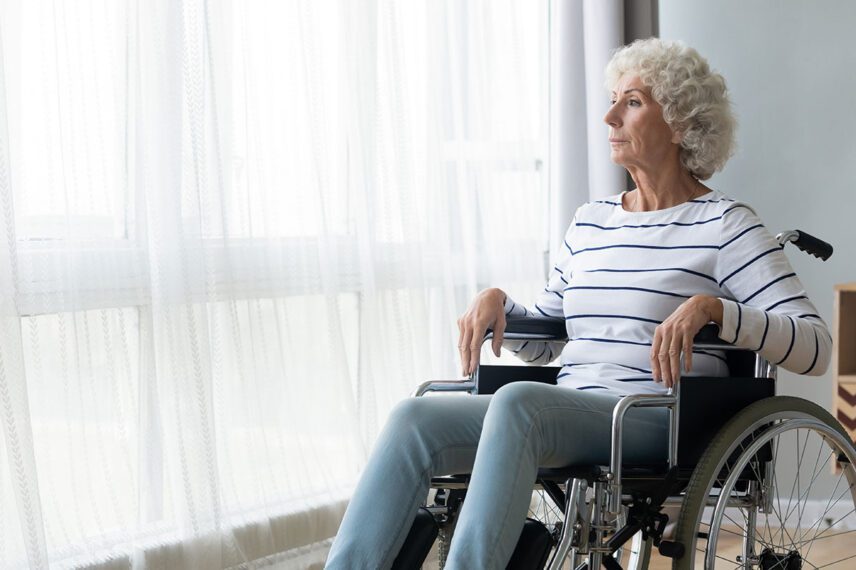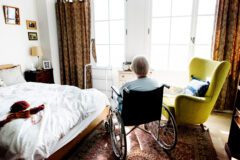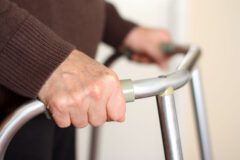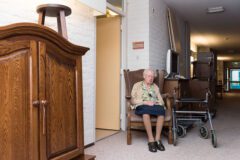Does South Carolina State Law Allow Cameras in Nursing Homes?

Nursing home abuse is despicable, but unfortunately, it happens all too frequently. It’s unimaginable to think that the very caregivers who are supposed to take care of your loved one are the ones who could abuse or neglect them. Nursing home abuse includes several actions, such as physical harm, negligence, malnourishment, etc.
If you suspect your loved one is being abused in a nursing home or assisted living facility, you may be tempted to set up a wireless security camera, AKA a “Granny Cam,” in their nursing home room to catch someone in the act. But is this legal? Let’s break it down.
Wireless Security Cameras In S.C. Nursing Homes
The use of security cameras has been a big debate in South Carolina for some time now. There was even a proposed bill in 2015 article that would allow family members to put security cameras to be placed in nursing home residents’ rooms as a tool to assist families in checking on their loved ones, especially those from other states.”
However, that bill failed to pass. So the answer is no. South Carolina law does not permit using security cameras in nursing homes.
Why Are Cameras Not Allowed In SC Nursing Homes?
There are several reasons for this; the most prominent reason is privacy. The argument is that cameras infringe on privacy rights, specifically those who could be inadvertently captured on film. There is the issue of consent, should staff members not consent to being recorded.
So what can you do? The most important thing you can do is to check in with your loved one frequently, ask them important questions, and check their person regularly for signs of abuse.
Signs of Nursing Home Abuse
- Dehydration or Bed Sores
- Cuts or Bruises
- A Change in Demeanor of a Resident
- Unresponsive Residents
- An Unclean Facility
- High Staff Turnover Rates
- Poor Food Services
- Lack of Daily Activities for Residents
- Previous Complaints
- An Unfriendly Staff
- No Abuse Prevention Policies
- Poor Visitation Hours
- 10. Previous COVID-19 Outbreaks
What to Do If You Suspect Nursing Home Abuse in South Carolina
If you suspect a loved one is a victim of nursing home abuse, there are specific actions you can take action to prevent it from happening to anyone else. First and foremost, it’s important seek legal advice from an experienced nursing home abuse lawyer immediately.
The next thing you can do is report the abuse to local authorities, including the police and Adult Protective Services. An experienced lawyer can walk you through the exact steps to take if your loved one experiences abuse in a nursing home in South Carolina.






